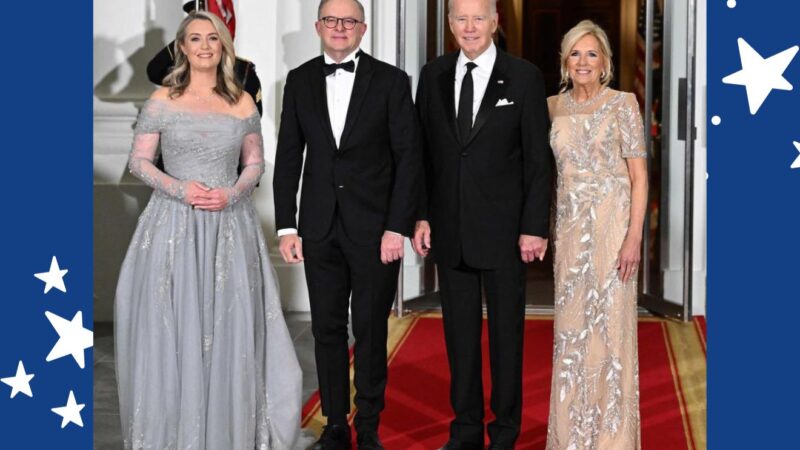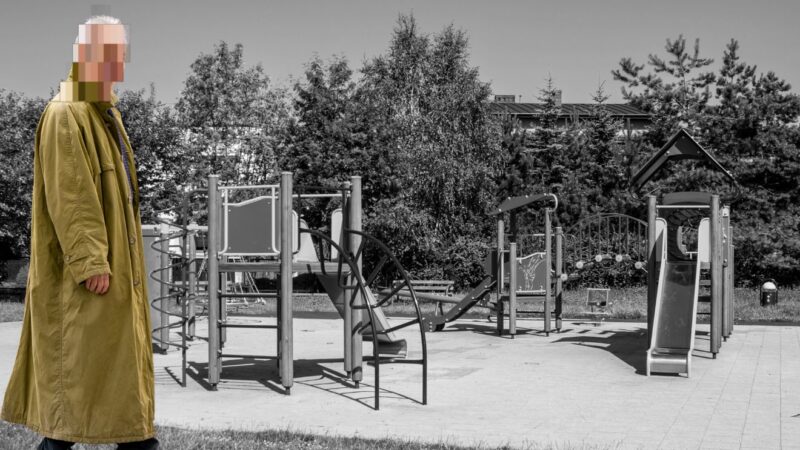Prime Minister Albanese Tires of Specifics, Adopts Title ‘General Albanese’ to Dodge Accountability

CANBERRA, ACT – In an astonishing turn of events, Prime Minister Anthony Albanese, tired of the relentless inquiries seeking specifics about his policies, has declared a surprising transformation into “General Albanese.” This sudden metamorphosis has left citizens wondering if the Prime Minister’s shift towards dictatorship is merely a ploy to escape accountability and dodge the complexities of governance.
Addressing the press, General Albanese wearily remarked, “I have grown weary, my fellow Australians. The never-ending demand for specifics on matters like energy policy and the voice to parliament has drained my spirit. To ensure efficiency and swift decision-making, I will no longer deal in specifics but only generalities, therefore you shall now refer to me as General Albanese.”
The Prime Minister’s decision to adopt a militaristic title and shed his democratic responsibilities has raised eyebrows nationwide. Concerned observers argue that this shift is more than a linguistic coincidence, as it aligns with General Albanese’s recent inclination towards opacity and an autocratic style of leadership.
“It is a cause for great concern,” voiced Dr. Rachel Jefferson, a prominent political scientist. “General Albanese’s blatant disregard for democratic values, coupled with his avoidance of scrutiny and transparency, indicates a dangerous departure from the foundations of our democracy.”
Critics fear that this move may signal a troubling erosion of open governance, public accountability, and the importance of diverse perspectives. By assuming the title of General, complete with an ostentatious uniform replete with medals and insignia, General Albanese appears to be signaling a desire for unchallenged authority and control.
Unverified reports suggest that General Albanese is amassing a personal retinue of loyalists, dubbing them the “Albanese Guard,” to shield him from the probing questions of journalists and opposition leaders. Furthermore, this newfound authority seems to embolden the General to make hasty decisions without the need for public consultation or parliamentary oversight.
Seeking to allay concerns, General Albanese attempted to reassure the public, stating, “Rest assured, my fellow Australians, this transition is merely a temporary measure to ensure efficiency in these pressing times. Once we have addressed the intricacies of inflation, energy policy, cost of living and most importantly the voice to parliament, I will gladly restore our cherished democracy.”
Nevertheless, skeptics remain unconvinced. They worry that General Albanese’s pursuit of efficiency and aversion to transparency may plunge the country into an enduring and perilous era of unchecked power. Democracy necessitates leaders who can withstand tough questioning, engage in constructive dialogue, and find solutions that serve the entire nation’s best interests.
As the nation observes this peculiar evolution from a Prime Minister to General, the fate of Australian democracy hangs precariously in the balance. Will the weight of detailed inquiries push leaders towards autocracy, or will they find a way to uphold democratic values while addressing critical policy challenges? The answer remains uncertain.






